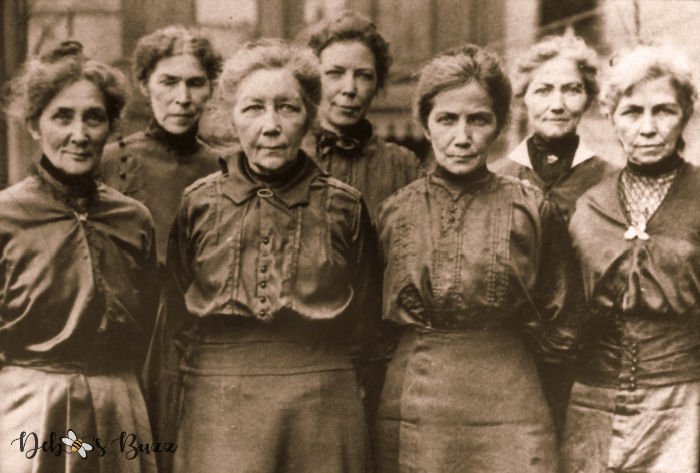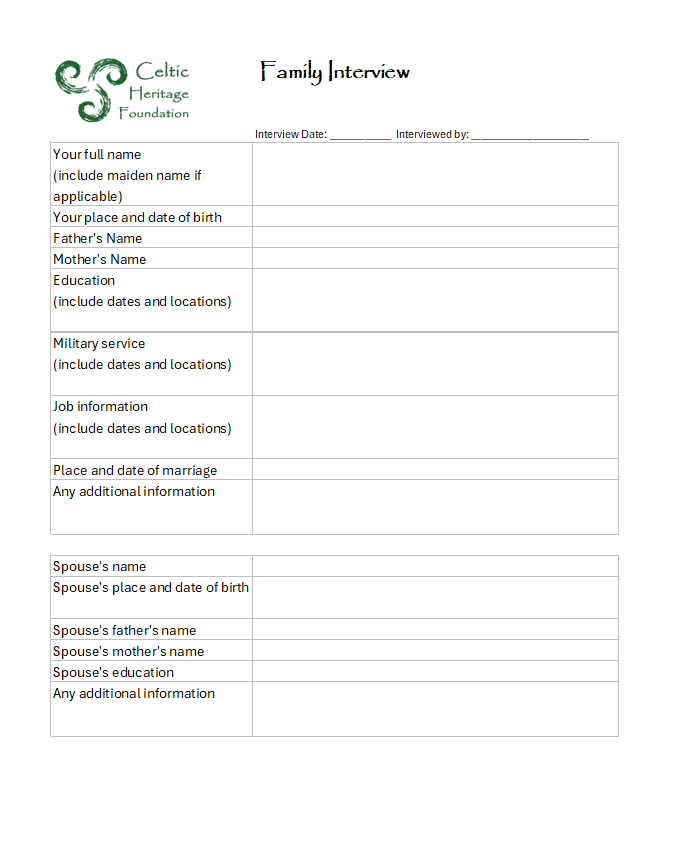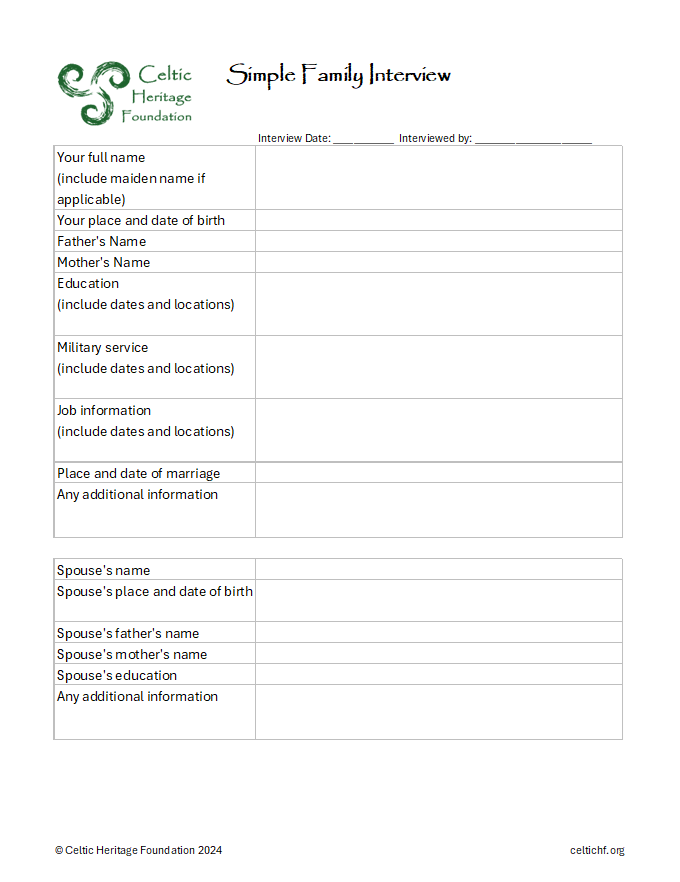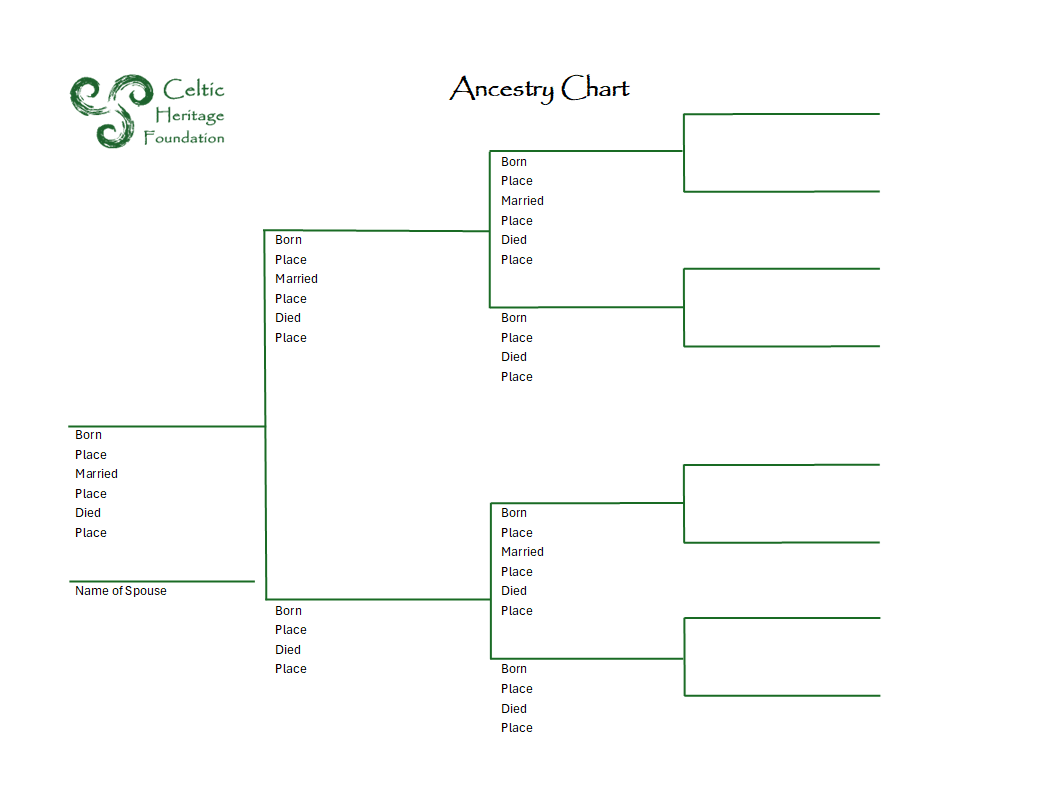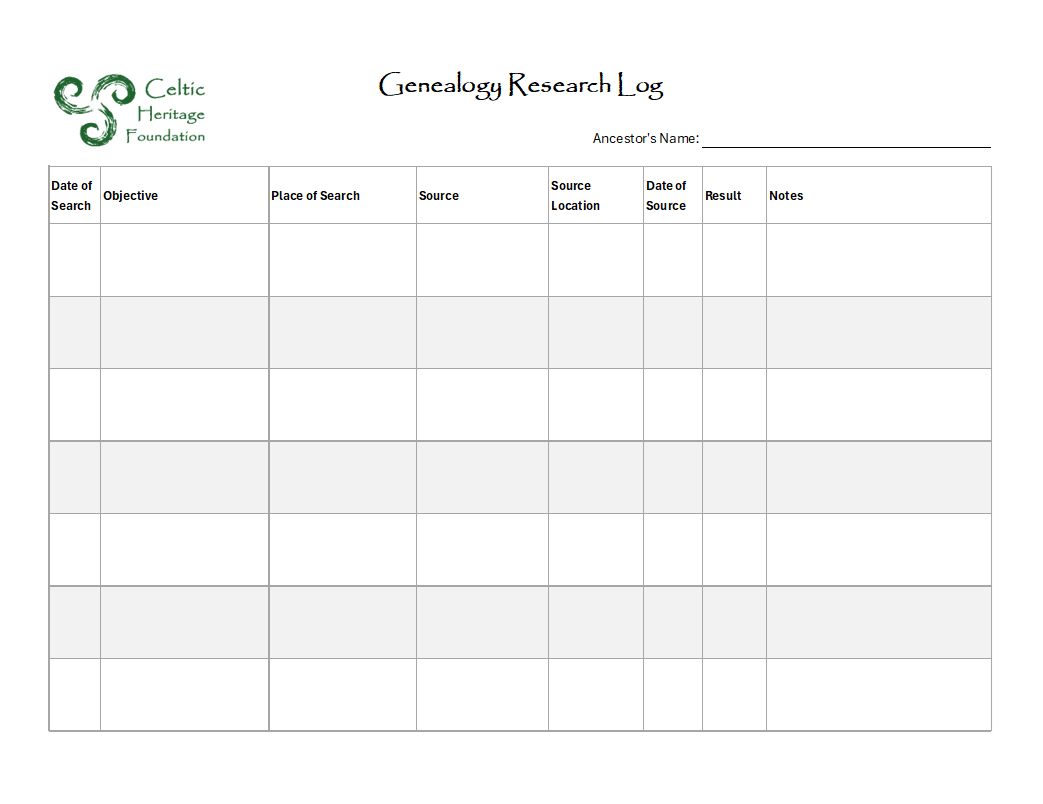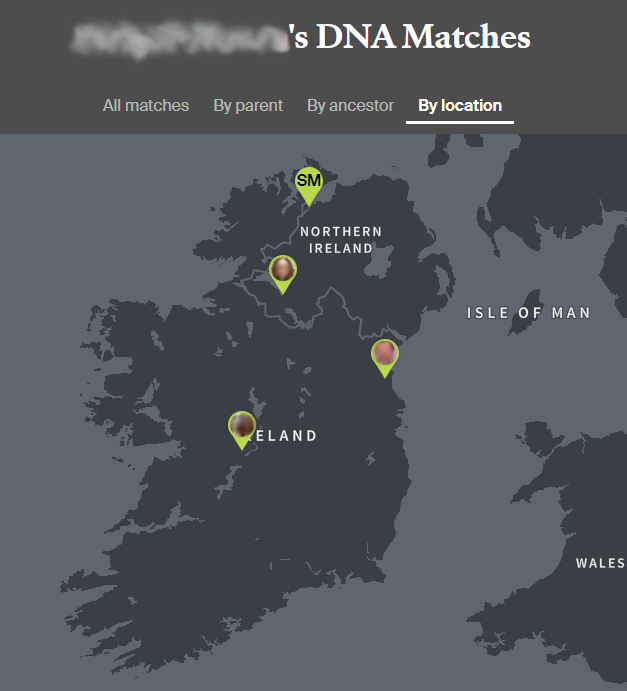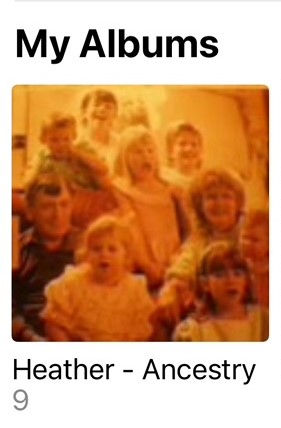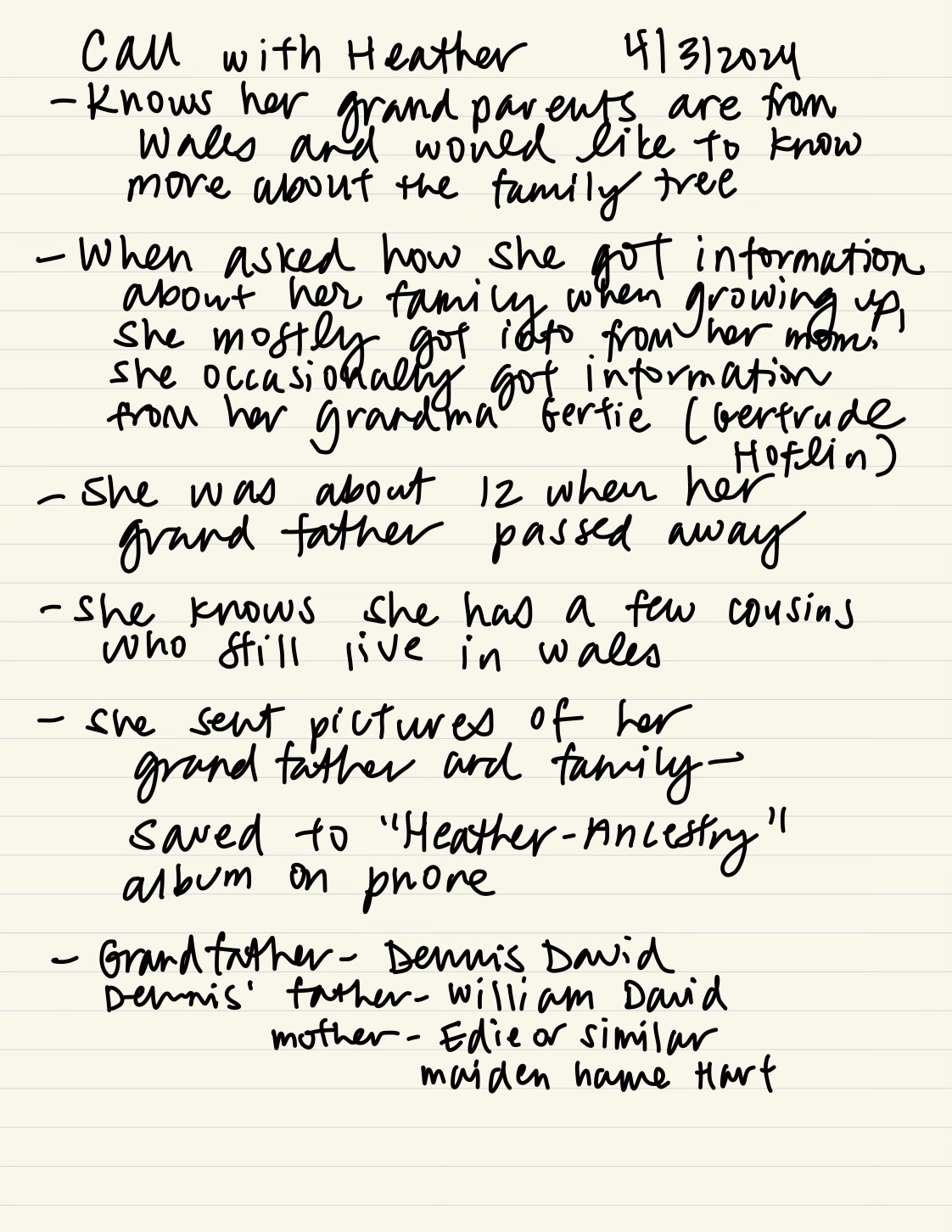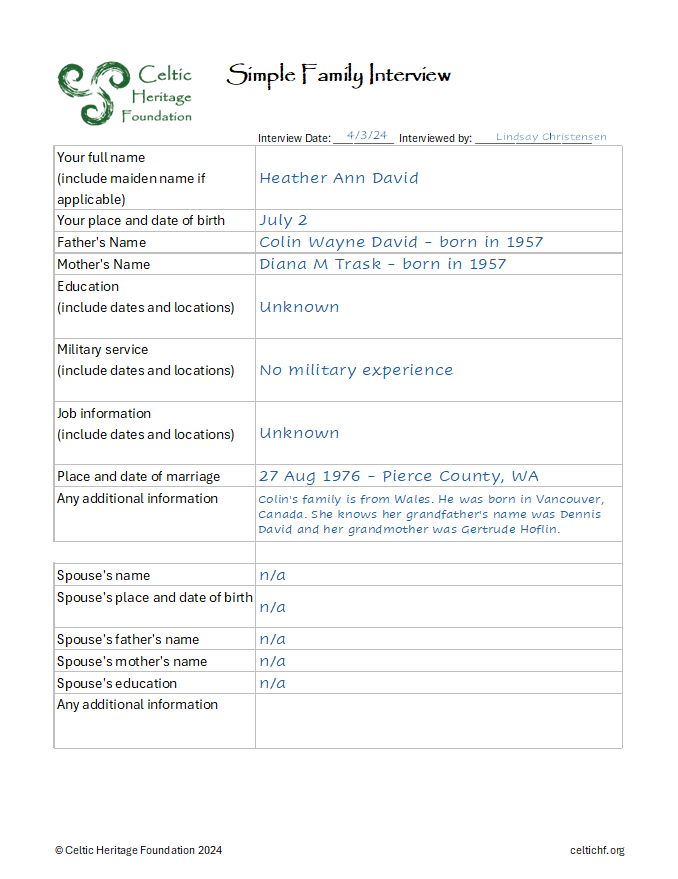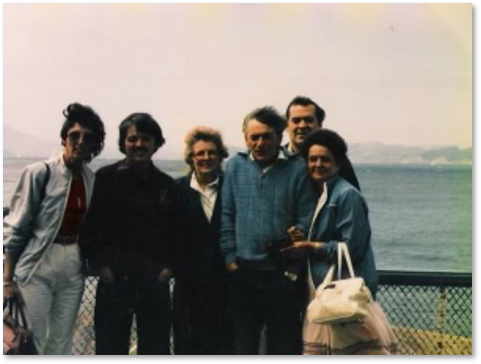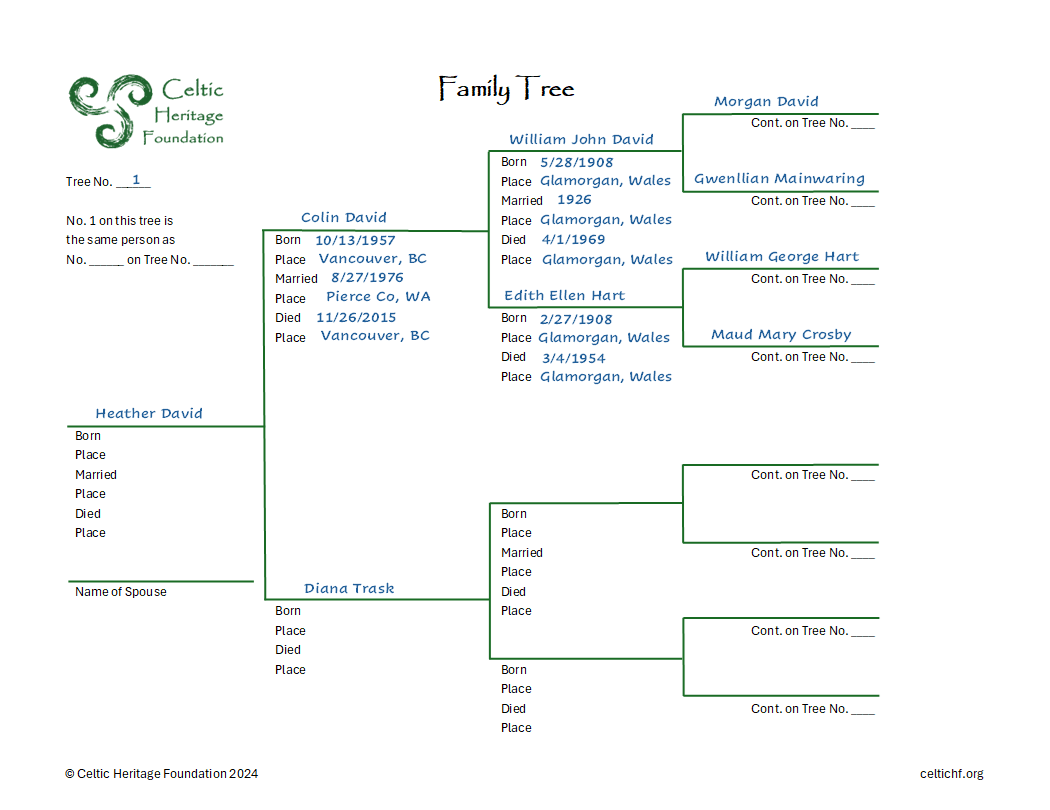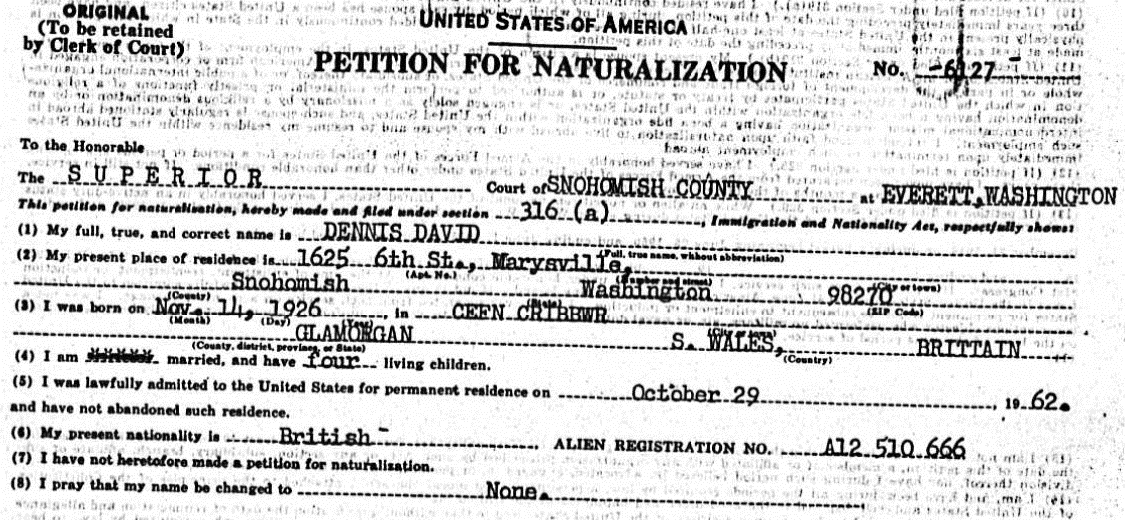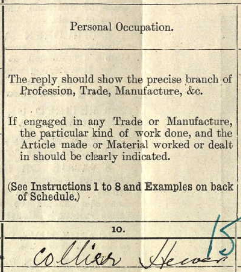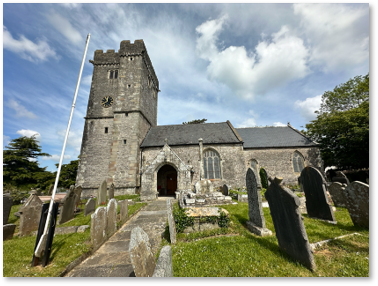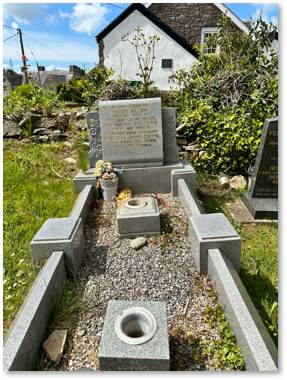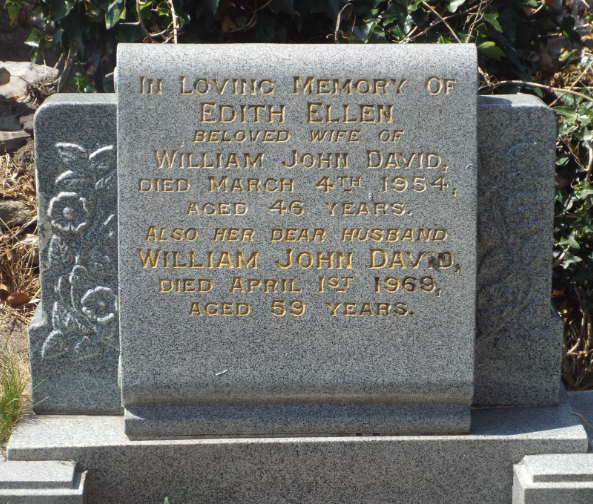Do you want to find out about your Celtic family history? Learning about your ancestors can be very rewarding. You can discover stories about their strength, struggles, and successes. Whether your family comes from busy Dublin or the peaceful Isle of Skye, researching your family tree needs patience, determination, and a good plan.
So, where do you start? Let's explore the records, resources, and tips to help you learn more about your Celtic roots.
Guide
Step One - Organize
Genealogical research is like solving a complex puzzle, requiring patience, persistence, and organization. Keep detailed records of your findings, including sources, citations, and any conflicting information encountered along the way. Be prepared to encounter obstacles and dead ends, but don't be discouraged—perseverance is key to overcoming challenges and uncovering hidden branches of your family tree.
1. Start with a Research Plan
Take time to develop a plan outlining objectives, research goals, and areas of focus. Identify specific questions to answer, ancestors to trace, and resources to utilize.
2. Create a Filing System
Establish a filing system to organize the genealogy research materials, both digital and physical. Organize documents, records, photographs, and other materials into folders or binders, categorizing them by surname, family branch, location, or topic. Use consistent naming conventions to make it easy to retrieve or refer to later.
3. Utilize Genealogy Software
Choose a reputable genealogy software program that suits the needs and preferences for the research. Ancestry.com, MyHeritage, and Family Tree Maker are all good options. Use the software to create digital family trees, record research findings, attach documents and media files, and generate reports and charts.
4. Maintain a Research Log
Utilize the free Research Log provided to keep a detailed log to track research activities, including sources, findings, locations, dates, and notes. When documenting source details, include essential details such as the title, author, publication date, repository, and page number.
5. Organize Digital Files and Photos
Organize digital files and photos related to the research into folders and subfolders on a computer or cloud storage. Use descriptive file names and folder labels to make it easier to sort. Regularly backup all research data to prevent loss or corruption of valuable information. Use external hard drives, cloud storage, or specific website features to create backups.
USE CAUTION
Take thorough notes and don't ever think that the tiniest bit of information is insignificant. Oftentimes, a tidbit of information found weeks ago can be instrumental in discovering something new. If the notes were missed in previous research, that new information may never be found.
Case Study
Overview
Recently, I had the opportunity to build a family tree for Heather, who wanted to trace her lineage and understand more about her grandfather's family tree. This case study details the steps taken to uncover Heather's family history and construct a family tree.
What began with a handful of people, grew into a family tree with branches spreading outwards in all different directions. Heather now has a glimpse at the lives of her ancestors in Wales and a deeper understanding of her heritage. Genealogy is more than just names and dates; it’s about uncovering the stories that make us who we are.
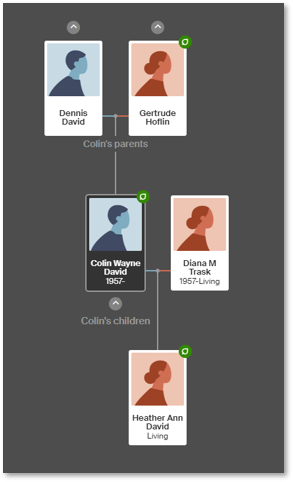
Where I started
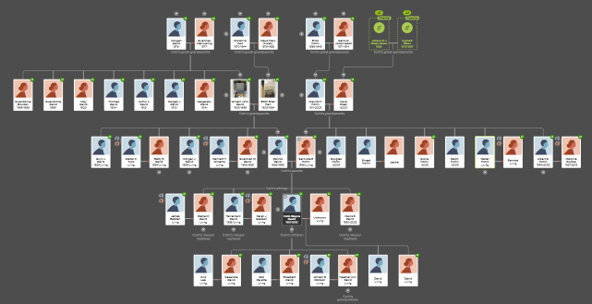
Where I finished

The world is rich in diversity of culture. In the United States, there is a meeting of many cultures and the ones people came from can be forgotten over generations.
We strive to preserve Celtic heritage for Americans of Celtic descent so they may be connected to the threads of their past, present, and future.
© 2024-2025 Celtic Heritage Foundation. All Rights Reserved
contact us
info@CelticHF.org

